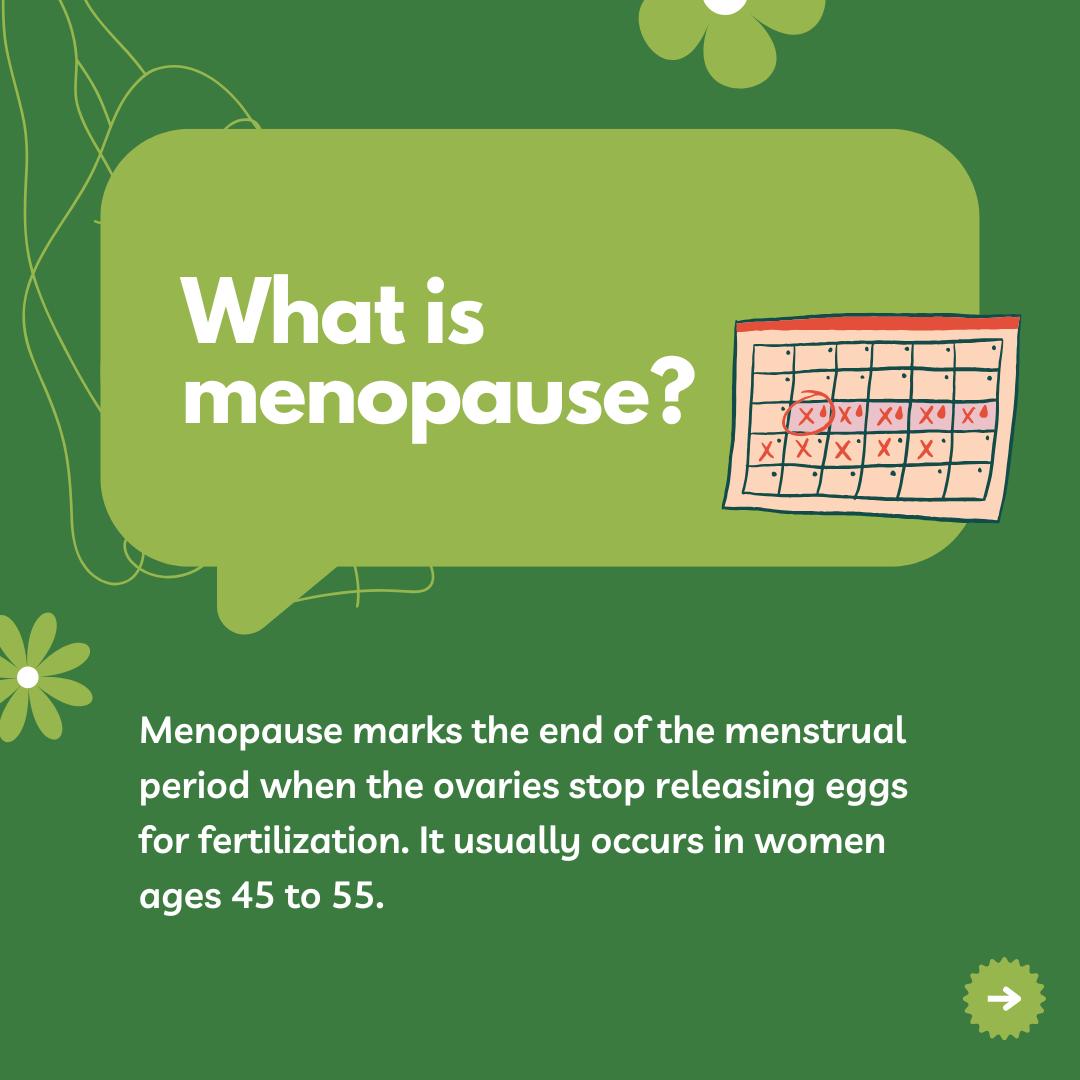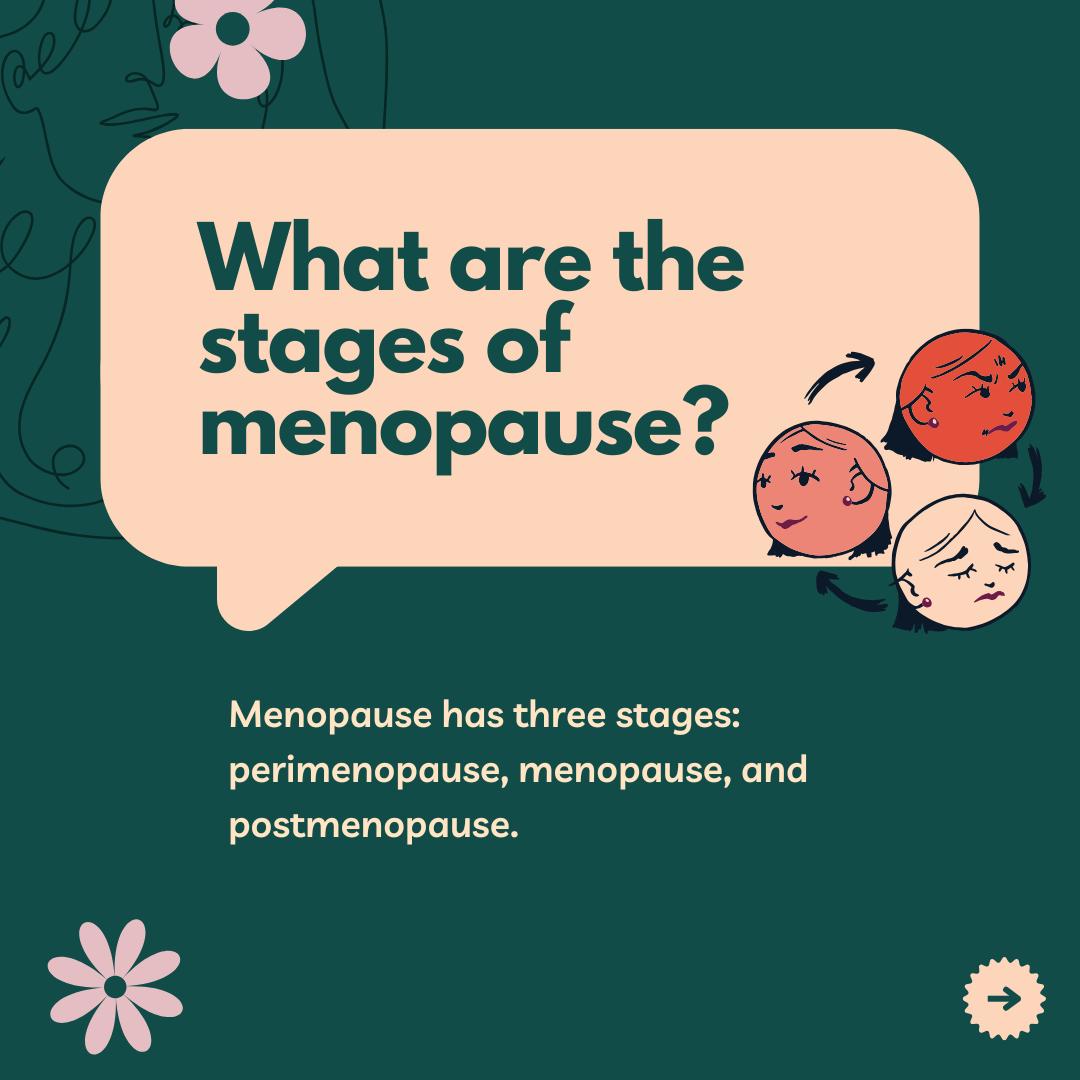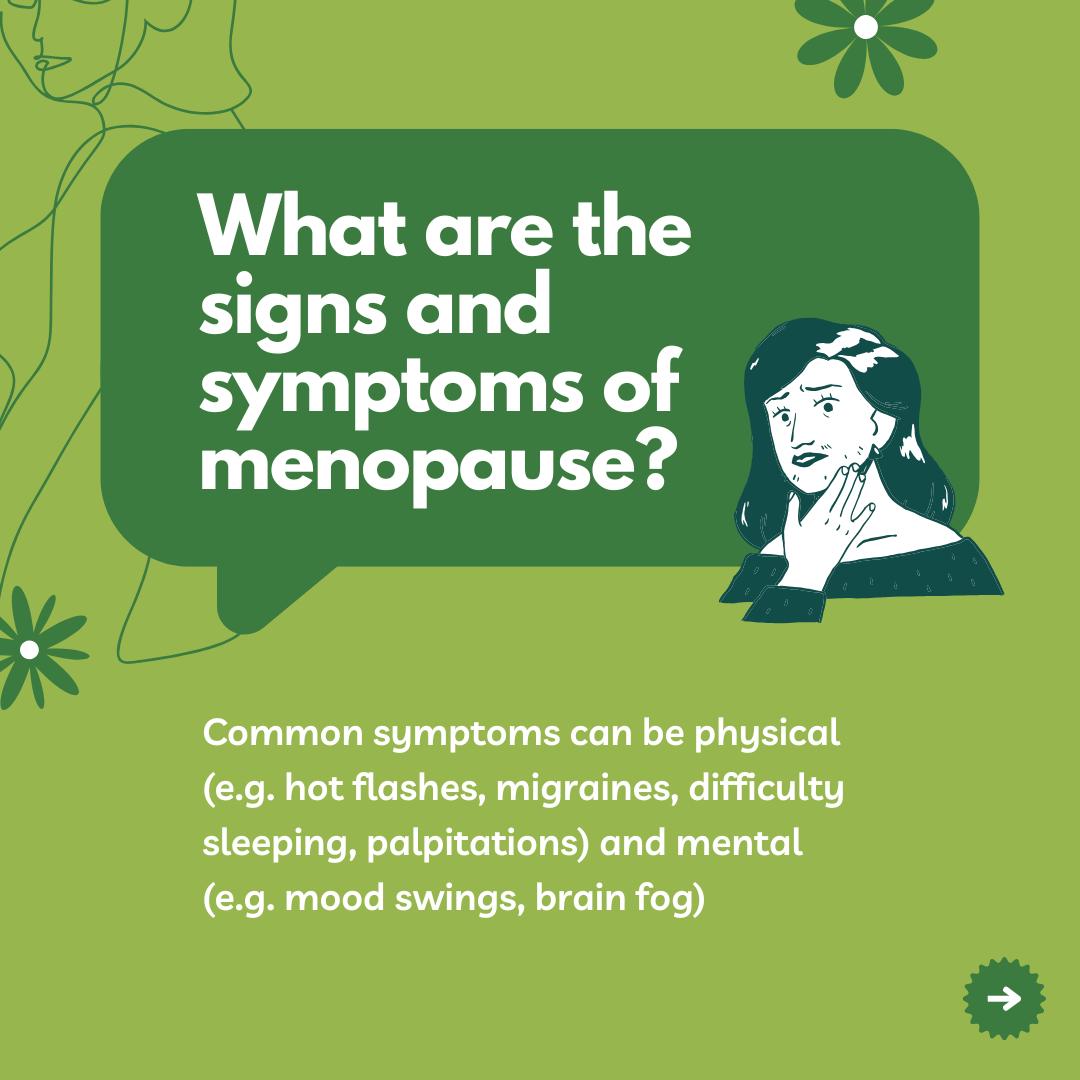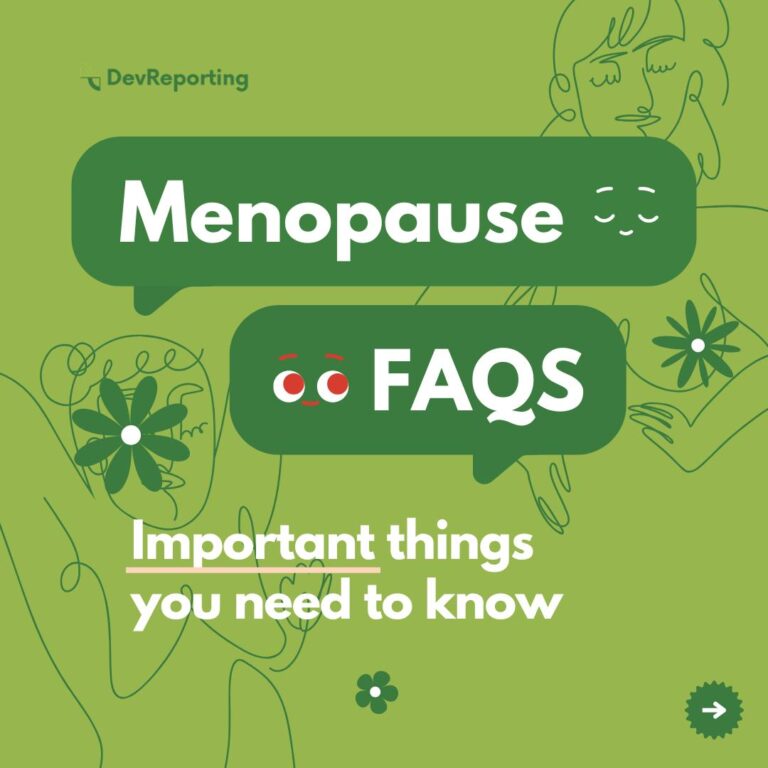A recent social media trend has sparked concerns, with some claiming that menopause is a scam. But what’s the truth behind this assertion? DevCheck’s findings reveal the truth about the menstrual condition, symptoms, and management.
Claim: “Menopause is a scam. Don’t fall for it.” – A TikTok user.
On 5 June, an influencer, with the username: @dson_of_solomon, posted a video on TikTok, a social media platform known for its short-form videos, claiming that “menopause is a big scam”.
With over one billion active monthly users worldwide, the platform has become a significant source of news for some users, particularly among younger generations.

As of the time of this fact-check, @dson_of_solomon’s post had garnered 6,152 likes, 1,013 comments, and 433 bookmarks. Other claims from X also reveal that there is no such thing as menopause.
But what’s menopause?
Our research, backed by experts’ insights and scientific studies, reveals that menopause is not a scam or a disease. Instead, it’s a natural part of aging that can bring about significant physical and emotional changes. By understanding the facts about menopause, women can better navigate this transition and make informed decisions about their health.
According to Cleveland clinic, menopause is a point in time when a person has gone 12 consecutive months without a menstrual period.
A study from the National Institutes of Health (NIH) also clarified that menopause is not a disease. The study further explains that Hormone Replacement Therapy (HRT) is not a cure but a treatment to manage symptoms like hot flashes and mood swings, especially for women within 10 years of menopause or under 60.
Research also shows that menopause undergoes four stages of premenopause, perimenopause, menopause, and postmenopause.

While premenopause is the time before any menopausal symptoms appear, perimenopause is the transitional stage with irregular cycles and symptoms like hot flashes.
Menopause is the point when a year passes without a period, and postmenopause begins after that and continues for the rest of a woman’s life.
However, health experts believe that the risk of certain health conditions, like osteoporosis and heart disease, may increase in the postmenopausal years.
Results from the Women’s Health Initiative (WHI) research confirm that HRT could increase the risk of heart disease, stroke, and breast cancer in women who may have taken a type of estrogen and a synthetic progestin medication for more than five years. During this period, the ovaries stop ovulating altogether, and periods cease completely, resulting in lower levels of estrogen and progesterone production by the ovaries, which are the primary female hormones related to reproduction.

Experts say this has several effects, including dry vaginal, sleep disturbance, memory and mood changes, heart disease, and urinary incontinence, and this leads to a medical condition known as genitourinary syndrome.
Types of menopause
According to the World Health Organization (WHO), menopause can be natural, and this, it says, occurs as a result of a woman growing older while her ovaries gradually release the eggs with which she was born, and the follicles gradually diminish along with the eggs in them.
The global health organisation also identifies what it refers to as surgical menopause, which it claims occurs when a woman has surgical removal of her ovaries. It also lists chemotherapy or radiation-induced menopause as a type of menopause, which occurs when cancer therapies are directed at the ovaries.
However, experts said in the case of induced menopause, the halt to menstruation and fertility is not always permanent. “So, for women in the childbearing years, birth control measures may still be desired until permanent menopause is proven.”
Meanwhile, for women who experience premature menopause as a result of a rare condition called primary ovarian insufficiency, or premature ovarian failure, experts say they stop having menstrual periods early in life before the age of 40.
Although menopause is a normal and inevitable process, these experts conclude that it can bring about significant physical and emotional changes that can affect a woman’s overall well-being.
Experts’ insights
DevCheck consulted experts in the field, including Haliru Kadiri, Senior Registrar at the Department of Obstetrics and Gynaecology, Irrua Specialist Teaching Hospital, Edo State, who confirms that menopause is a real and natural phase of life.
According to Mr Kadiri, HRT can help manage symptoms, but it’s not a cure for menopause.
“Just as a young female child was given birth and she didn’t see her menses till she attained puberty, so she gets to an age where the menses ceases due to a decline in the female hormones,” he said, adding that; “Menopause is not a scam because as long as a woman prays to live long she must go through this phase of life.”
Kehinde Ologunde, a gynaecologist with the Federal Medical Centre, Gusau, Zamfara State, while acknowledging menopause as a phase in the lifecycle of women, listed some of its common symptoms to include the absence of menstruation, hot flashes, sleep disturbances, vaginal dryness, low sex drive, and ultimately, depression.
Meanwhile, Mr Ologunde, a Fellow of the West African College of Surgeons, also noted that no specific diet is linked to early menopause, but added that diet could affect the timing.

He said: “Lack of some essential nutrients like Vitamin D, Calcium, and omega-3 fatty acids may negatively impact hormonal balance and could lead to menstrual irregularities. The earlier a woman attains menarche (onset of menstruation), the higher the risk of premature or early menopause, and the risk is even higher for a nulliparous woman.
“Diet, exercise, and smoking could all affect the severity of menopausal symptoms. Unhealthy lifestyles, like smoking, alcohol intake, physical inactivity, and obesity, often worsen some menopausal symptoms like hot flashes.”
Mr Ologunde, who describes premature ovarian insufficiency as a situation where the follicle-stimulating hormone and luteinising hormone levels become abnormal, said it automatically leads to menstrual irregularities before the age of 40.
“However, there could still be periods of menstruation in between, and in some cases, the causative factors can be identified and treated. POI could lead to premature or early menopause. Once menopause is diagnosed, there is cessation of menstruation for over 12 months, and then menopause is said to have taken place.


